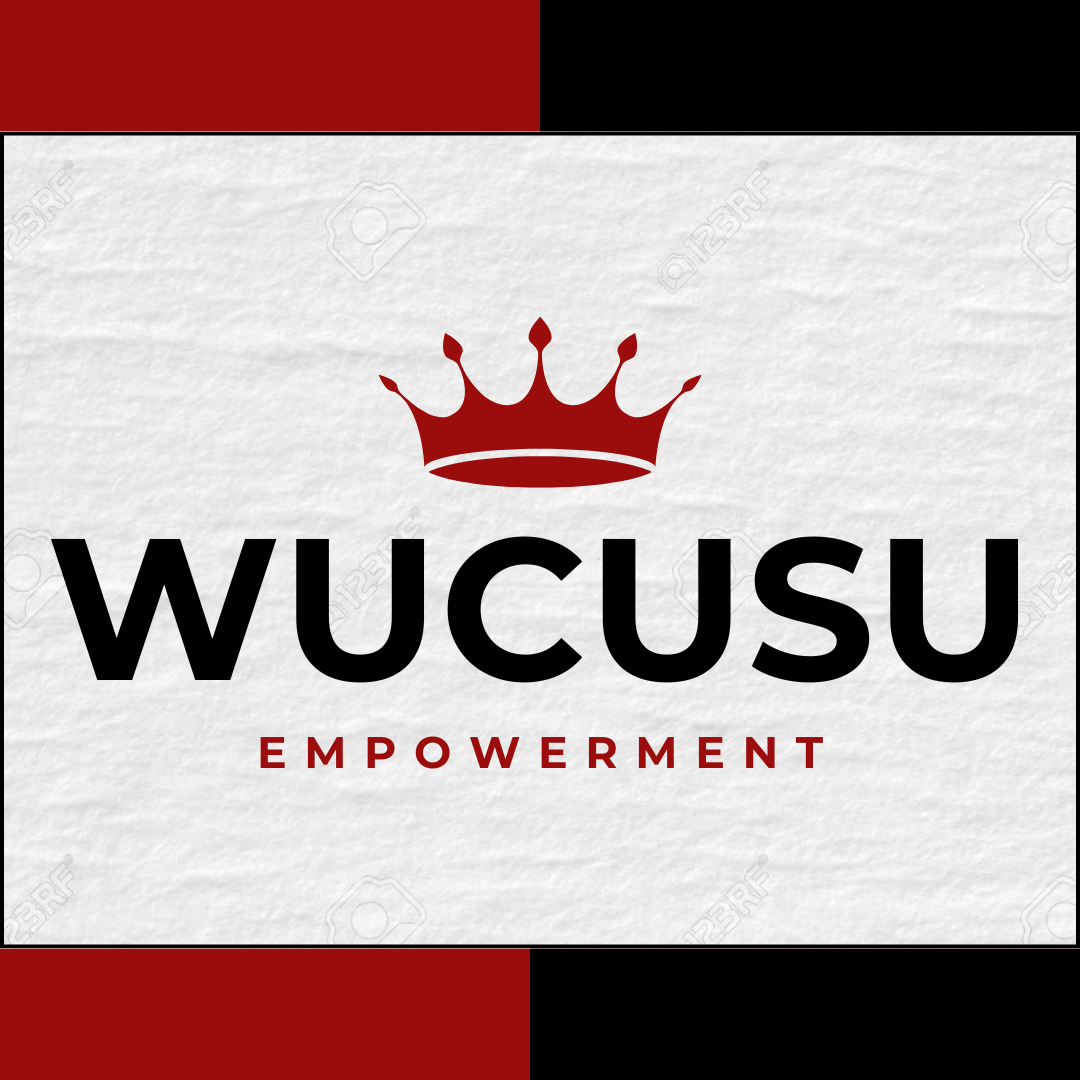To some people, "empowerment" is an intimidating concept. Popular media bombards us with images and news concerning materially powerful celebrities. The more sensational of these folk tend to have some baggage and issues. In this context, it becomes easy for we onlookers to subconsciously (and inaccurately) associate power or being powerful with arrogance, greed, and various forms of narcissistic behavior.
This situation might lead you to misunderstand the concept of empowerment or empowered people. So let's provide clarity by addressing some basic points. Empowered people are not “better” than anyone else, nor do they think of themselves as such. They experience fear, doubt, and setbacks like other people. Lastly, (drumroll please...) They aren’t always successful (especially if we define success according to popular culture).
"So what makes them different from others," you might ask. For starters, empowered people:
- Know their worth.
- Express gratitude rather than complaining.
- Work on areas of themselves that need improvement.
- Are confident.
- Refuse to let fear or doubt compromise their lives.
- Sacrifice and take risks to achieve their dreams.
- Don’t blame others for their shortcomings or bad circumstances.
- Don’t compete with others.
- Have a clear sense of purpose and direction in their lives.
- Keep trying regardless of adversity and defeat.
- Help to inspire and empower other people.
- Make informed and wise decisions.
- Believe they have power over their lives regardless of their race, gender, or class.
- Are optimistic and productive.
- Advocate for themselves and others.
- Don’t make excuses for failure or undesirable outcomes.
Naturally, there are different degrees or ranges of empowerment, so it manifests in various ways among people. Keep in mind also, that some seriously toxic people may display elements of being empowered. Nevertheless, you will often see empowered people (and those on the road to empowerment) starting organizations and community initiatives, confronting social injustice, educating themselves and others, serving vulnerable populations, and creating beautiful art, music and fashion.
Empowered people are the bedrock of healthy families, organizations, and communities. With all these wonderful qualities, wouldn't everyone desire to be empowered? Yes and no. There are several systemic reasons why so many people are not empowered. Miseducation or social conditioning through schools, popular culture, places of worship, or even our families creates a culture of illusions, self-defeating habits, and attitudes.
In these circumstances, people regularly practice the negative thinking and behavior they learned: "Assume the worst of people;" "Have no faith in yourself; "People like us will never win or be successful; Educating, de-escalating conflicts in your village or organizing village members to protect or advance themselves is “corny.” For those of us in the United States, the capitalist economy inevitably creates poverty and deprivation for millions of people who consequently have limited time, energy, or resources to do much more than survive. Additionally, other oppressive frameworks like racism or sexism silence, deprive, restrict, imprison or kill Black people, People of Color, and women.
Putting systemic factors aside, let's keep it real; Some people want the benefits or consequences of being empowered, without doing the work that empowerment requires. Other folks seek self-empowerment but don’t know where to begin or what work is needed.
Systemic factors, lack of motivation or drive, ignorance about self-empowerment or victimization by oppressive practices are undeniable factors in becoming disempowered, but not reasons for shame. Many people have escaped from plantations of disempowerment and realized personal liberation. Proper knowledge, habits, and tools can help to remedy this problem, and I'm publishing this newsletter to inform, equip, and guide people to the "Path To Empowerment" that suits them



Comments ()